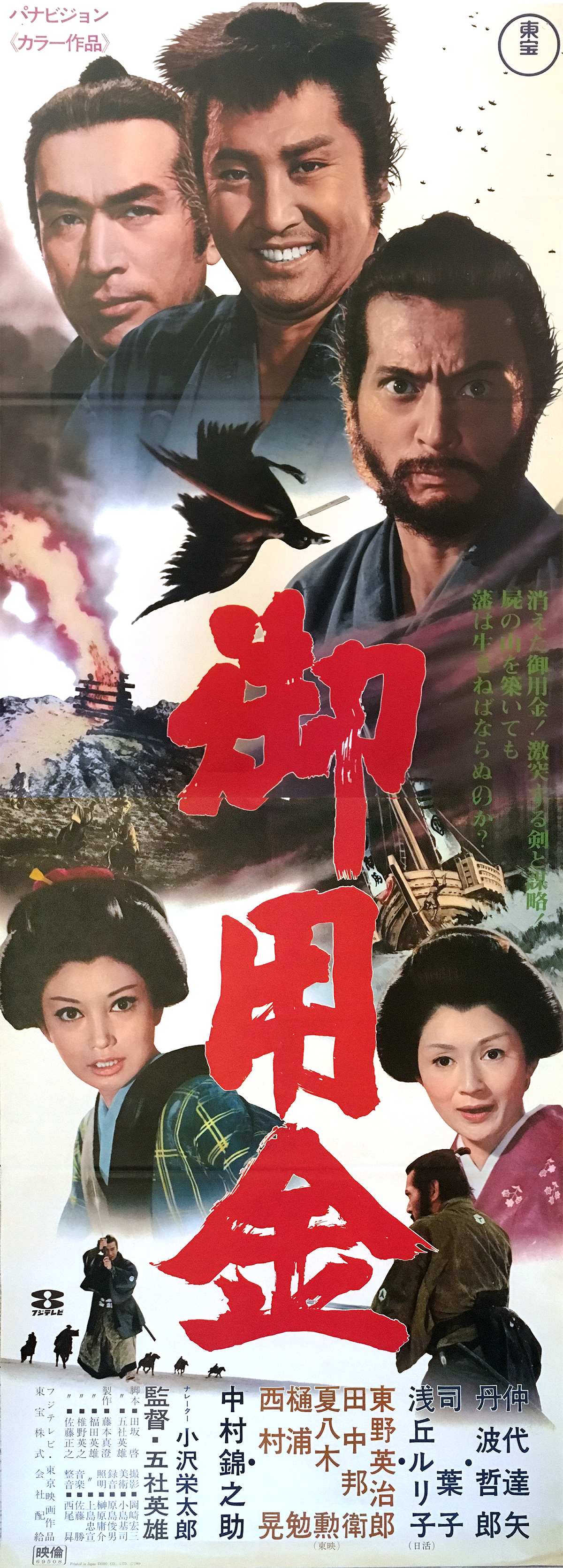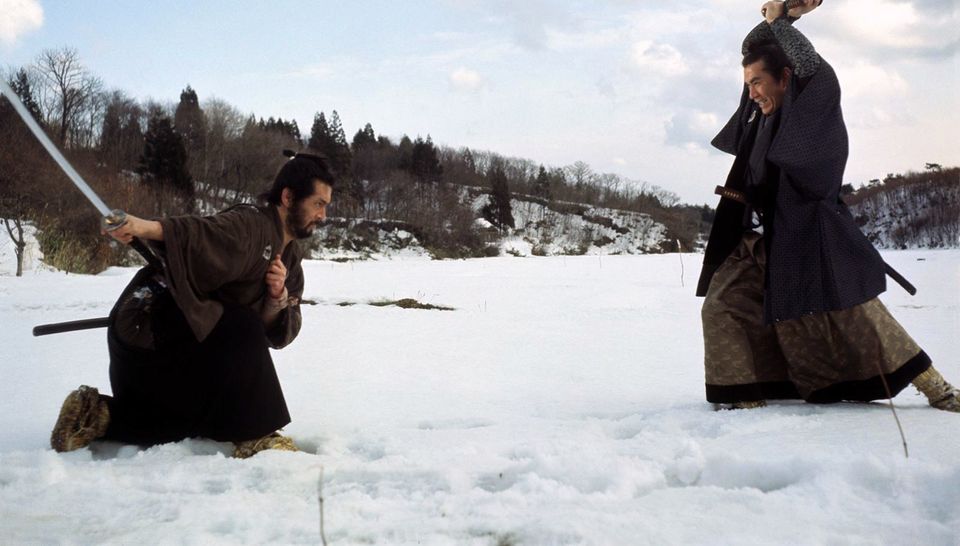Steven Pinker considers himself a progressive and seems irritated that many progressives consider him The World's Most Annoying Man. I have long counted myself in the latter camp. Still, this reaction is mostly a feeling, and I've had to spend some time thinking about my feelings before I can articulate why. Why is it that a seemingly "nice" man who insists upon "reason" and "data" and, I'll admit, facts, to illustrate that right now is the best of the time in human history, induces a feeling of contempt and disgust.
The facts he iterates and reiterates is that, worldwide, armed conflicts and violent deaths and abject poverty are down, while life expectancy and the number of people in middle-class are up. The data no doubt accept these conclusions. What is unclear, however, is what he is fighting against. Who is his opponent? He vaguely points to the "general feeling of doom" or all the bad news in media. It smells fishy and disingenuous, especially when he is trying so hard to be slippery.
Some faceless person: There is a global pandemic going on and US rate of excess death this year is up 20% over last year. (True)
Pinker: But deaths from war and famine and infectious diseases are lower than ever. (Also true)
When he is trying to argue optimism into everyone's head, I am reminded of Ned Flanders in The Simpsons.
Where does this argument go wrong though? It is not easy to immediately pinpoint.
Recently a horrendous incident made the rounds on Chinese internet. A good-looking young Tibetan woman living in Sichuan Province, 拉姆, was murdered by her husband. Her tragedy caused widespread outrage because it is a perfect example of how the society has failed her. Married at 19, her husband physically abused her. She bore two children, including a son, as her husband wanted, but the beating did not stop. She divorced him, and the court gave her husband full custody of both children. Having lost everything, the woman made a relatively good living with dignity and enormous hard work. Thanks to social media, she also became a 网红, an internet celebrity who gained thousands of fans who watched her webcast. Many have pointed out that she was the "perfect victim", ie, a "pure" victim, because she did nothing to "contribute" to her demise, as most other victims of domestic abuse are accused of. But being perfect was not enough to save her life. Her ex-husband poured gasoline on her and burned her to death.

If presented with this incident and the public's reaction, I am sure Mr. Pinker would point out that, overall, women's economic and social conditions in 2020 are better than those in 1920 or 1820, and fewer women, or Chinese women, or rural Chinese women are suffering abuse by their husbands, families, and society. And he would be correct. So why does such a position seem disgusting, at least to me?
Both correct and repulsive. It's a feeling worth examination.
To this victim of her ex-husband, the local police who refused to protect her, a court that took away her children, and an utterly indifferent society, the argument of progress is irrelevant. In the long run the world indeed becomes better (maybe? depending on how long?), but, as Keynes pointed out, "In the long run we are all dead."
Philosophers and sociologists often debate about the good of an individual versus the good of many, but they have rarely discussed the pain of an individual versus the pain of many. Perhaps, instinctively, everyone knows that the pain of a single person can never be understood through the pain of many. There may be a thing of "the common good," but there isn't a thing of "the common pain." Every person's pain is intense and intensely personal. It cannot be calculated with GDP, income per capita, or growth rate.
Although each person feels his or her own pain in a most intimate and personal way, it is fortunate that humans can also feel each other's pain. As flawed and limited as our empathy inherently is, most people are able to be touched by and even share each other's suffering. This is why the case of 拉姆 caused so much outrage among Chinese netizens. She may be a single case, an anecdote, and a statistical blip in the 1.4 billion Chinese people or 7.6 billion humans on earth, but most people are able to feel some pain for her, and this empathetic pain and outrage in turn provoke a strong sense of justice, a strong wish to make life safer and better for all women, at least those who are still alive at the moment.
What the fuck has 100 years of women's progress around the world done for her?
Strangely enough, feeding people statistics, however true and correct, will not provoke the same strong emotions. If I were to tell you, say, 2586 women were murdered by their husbands in the Sichuan Province last year (I made up the number), which, according to rational commentators like Pinker, is theoretically bad and calls for something to be done, does it provoke any urge to do something, to change, and to help? (I don't need to quote Stalin on this, do I?)
In fact, one could argue that much (perhaps most?) of the social progress in the past 50 to 100 years came from just this kind of natural outrage, indignation, and empathy for individual tragedies. A photo of a black boy being attacked by police dog in Alabama. A photo of a naked Vietnamese girl running down the road with soldiers behind her. A video of a black man being killed by a white policeman. A headshot of a battered woman. It is pain, perhaps more than joy, that forces us to realize our shared humanity.
Rationalists such as Pinker like to credit all social progress to science and technology and economic growth, as if scientific advances alone can inevitably and irresistibly push society into a more equal, fair, and just direction. They dismiss people's empathy and outrage for individual tragedies as biased, sensational, and irrational, when these are merely natural humanity. They never mention all the laws and rules and public opinions that have been instituted or changed by a mother's tear-stained face or a starving child's eyes.
So one has to wonder: Does Steven Pinker feel my pain?
I don't know whether Bill Clinton feels your pain or my pain (I very much doubt it but at least he bothers to pretend), but Pinker is giving all kinds of signals that he does not.













